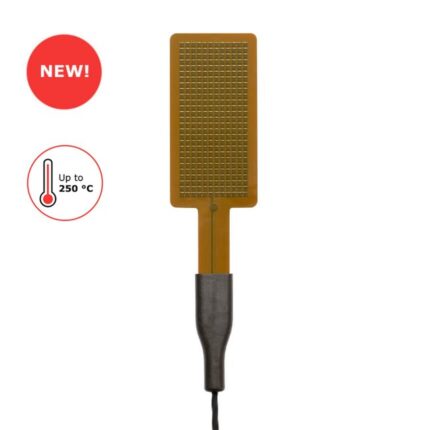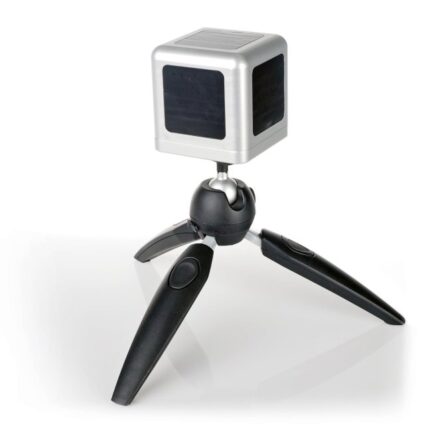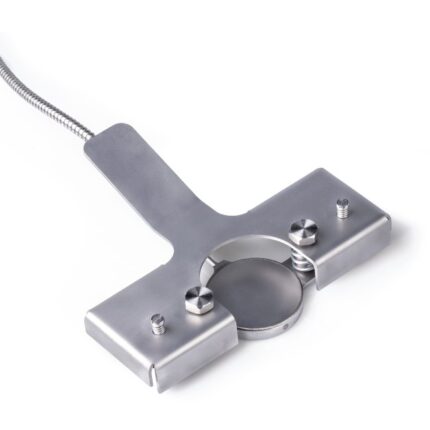Specifications
STP01 soil
| Measurand | temperature at 5 depths from 0 to 0.5 m |
| Measurement range | -30 to +70 °C |
| Temperature sensors | matched thermocouples type T |
| Uncertainty of temperature difference measurement | 1.5 % of measured value plus measurement system uncertainty in x 10⁻⁶ V/40 |
| Uncertainty of relative position | ± 0.001 m |
| Rated operating environment | surrounded by soil |
| On-line functionality testing | self-test using the incorporated heater |
| Reference temperature sensor | Pt100, IEC 751:1983 class B |
| Sensor foil thickness | 0.6 x 10⁻³ m, 2.5 x 10⁻³ m at Pt100 |
| Measurement depths | 0.02, 0.05, 0.1, 0.2 and 0.5 m |
| Standard cable length (2 cables) | 5 m (see options) |
| IP protection class | IP67 |
| Optional non-traceable measurand | thermal conductivity at 3 depths |
| Heater specifications | |
| Heater rated power supply | 9 to 15 VDC |
| Power consumption daily average | 0.005 W |
| Interval between self-tests | 24 h |
| Self-test duration | 600 s |
| Order code | STP01/cable length in m |
Options
- longer cable (2 x), in multiples of 5 m, cable lengths above 20 m in multiples of 10 m
- insertion tool IT01
Downloads
(PDF, 360.12 KB)
(PDF, 2.83 MB)

Improved accuracy & quality assurance
STP01 soil temperature profile sensor offers an accurate temperature difference measurement at five measurement locations at 0.02, 0.05, 0.1, 0.2 and 0.5 m below the soil surface. It also has a well specified and fixed distance between the measurement locations. STP01 contains 5 matched thermocouples, at locations A to E in figure 5, and one reference temperature sensor (Pt100 type) at location E at 0.5 m depth. By having the reference temperature measurement in the sensor and only measuring differential thermocouple voltages (relative to the reference at 0.5 m), the uncertainty of the temperature difference measurement is very low: ± 0.02 °C is attainable. Simple copper-conductor signal wire is used in STP01’s cable. As an extra, a heating wire is incorporated in STP01. Analysis of the temperature change during the heating interval serves as a self-test. Soil temperature sensors are preferably left in the soil for as long as possible, so that the soil properties become representative of natural conditions. Using self-testing, the user no longer needs to take sensors to the laboratory to verify their stable performance. The result is a much improved accuracy & quality assurance of the measurement relative to measurements with conventional sensor types.
Suggested use
- high accuracy, scientific grade measurement of the soil energy balance, with a high level of data quality assurance
STP01 soil temperature sensor

- high accuracy, scientific measurement of soil energy balance, with a high level of data quality assurance
- thin, 0.6 x 10⁻³ m thickness, construction which leaves the soil structure intact
- simple copper-core signal wire; no special connectors needed
- selft-test saves servicing time



















